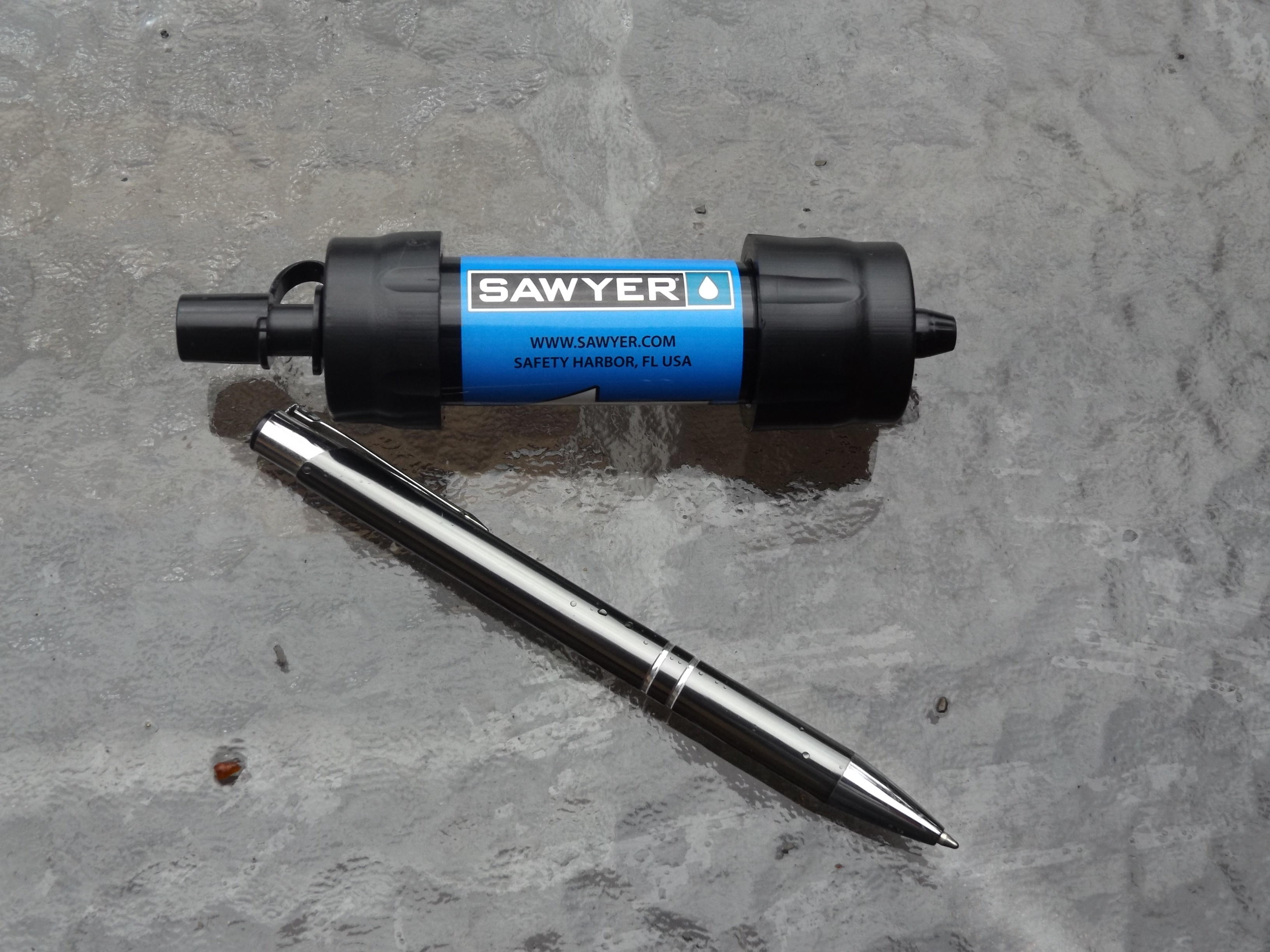Letter Re: Sawyer Water Filter Additional Information
Hello, I would like to add some information about the Sawyer water filter. One of the readers mentioned that the Sawyer filter use to be 1,000,000 gallons, and now it’s 100,000. Those are two separate filters. The 1-million gallon filter is the larger version. The 100,000 gallon is the mini version, which I personally have used since it came on the market. I do a lot of hiking, backpacking, and exploring in the outdoors. I like to carry my Camelback for ease of drinking and carrying my water. What I recommend is to buy the Mini Sawyer filter, cut the …


